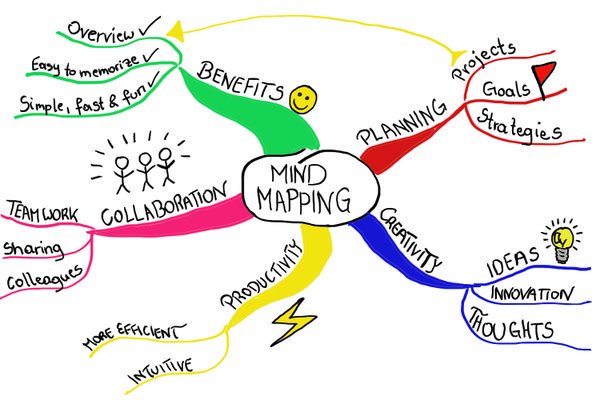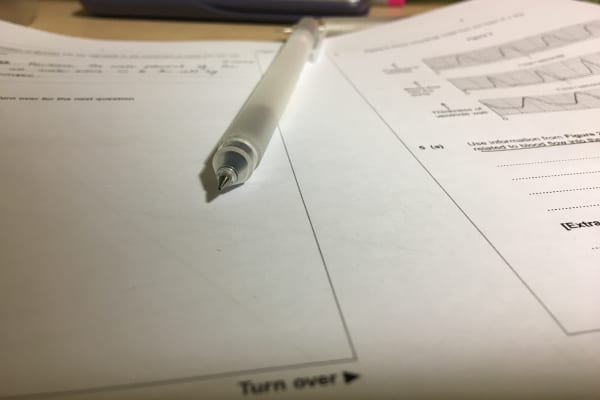A levels require a massive amount of commitment on the student’s part when it comes to revision as the jam-packed course content means that there is little time to go over things in class. Luckily, we’ve come up with six techniques to make sure that your revision is simple but effective:
1. Use mind maps
Yes, you’ve heard it a million times by now but there’s a reason that mind maps are a classic revision resource. They are completely adaptable to whatever subject you are doing and what kind of study session you are having. We’ve used them for everything from detailed class notes to quick summaries to check we know things the night before exams or tests. Use bright colours and pictures to make them eye-catching and a little more pleasant to look at.

2. Use the syllabus
The exam syllabus is a resource that is often ignored. We've used it to create Cornell-style notes in the past, using the syllabus bullet point as a subsection/point which we then expand in the next column. This is the best way to check you've covered everything as you can tick it off as you cover it.

3. Use flashcards
Another classic but versatile revision material. We've found that flashcards are best suited to writing down key words and definitions or for explanations of equations, but they could just as easily be used for writing out mini summaries or quick notes. You can also download flashcard apps on your phone, which makes them a quick and easy way to revise on the go.

4. Use YouTube and other forms of media
Reading around the subject you study can develop your understanding of concepts and equip you with some extra knowledge to impress the examiner. Watching YouTube videos, reading articles or listening to podcasts can act as a break from your regular revision, making it a quick and refreshing form of revision.

5. Use past paper questions
Past paper questions should always be part of your revision as they help you apply your knowledge to the correct exam technique. We like to write down questions we get wrong on flashcards with the question on one side and the mark scheme on the other so we can go over them quickly without searching through entire papers.

6. Get a study buddy
When you explain things to each other it helps to solidify the knowledge in your own mind. Having people that you study with are great back ups if you miss a lesson as they can lend you their notes and tell you what the homework is. It also makes long study sessions a lot more fun and can stop you from daydreaming half way through.

We hope that these methods will help you with your revision and good luck with whatever you're studying!

